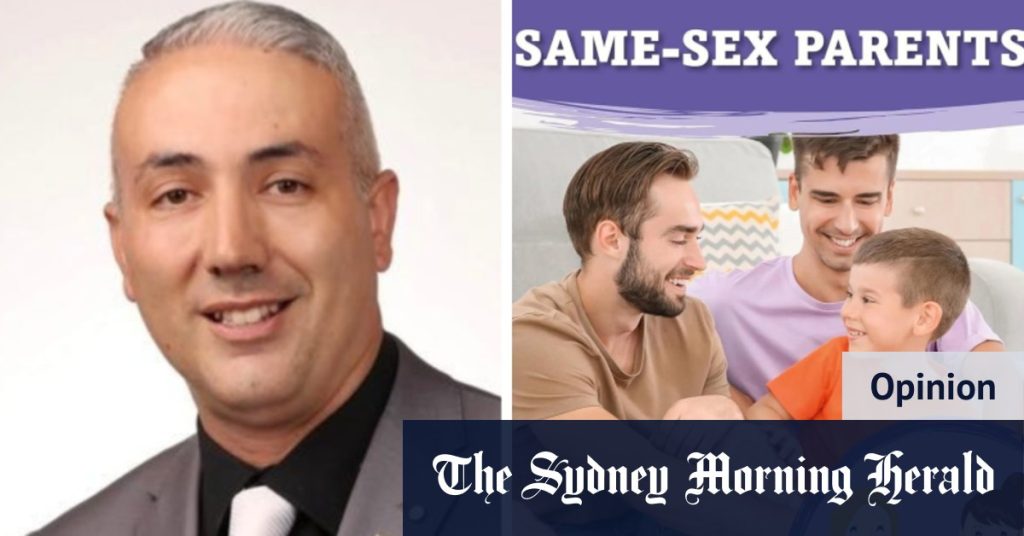In the 2017 Australian postal survey, 61.7% of voters supported same-sex marriage, while 17 electorates voted no, with twelve of them located in western Sydney. The highest no votes were seen in seats such as Blaxland, Watson, McMahon, Werriwa, Fowler, and Parramatta. Western Sydney emerged as the heart of the no-voting sentiment in Australia, contrary to the perception of other regions being more conservative.
Councillor Steve Christou, representing Cumberland Council, led a vote to ban the book Same-Sex Parents by Holly Duhig from public libraries. This decision was supported by electorates like Blaxland, McMahon, Parramatta, and Greenway, forming part of the Cumberland Council area. Despite criticism of the decision as being homophobic and lacking understanding of the book’s content, the move reflects the council’s attempt to represent the majority opinion within their community.
While it may be tempting to condemn book banning and juxtapose it with historical examples like Nazi book burnings or contemporary instances in the US, it may not effectively address the situation in Cumberland. Thundering about freedom of expression and marriage equality, common themes among yes voters, might not resonate with the voters in this region. The decision points to the challenge of navigating the rights of different groups within a democratic framework.
The proposed rant against book banning, likening it to censorship of other viewpoints or authors, serves as a warning against slippery slopes in limiting access to certain ideas or perspectives. Questions arise about whether opposing views or authors should also be censored in the same manner, leading to concerns about protecting diverse voices and opinions. The decision in Cumberland prompts reflection on the balance between majority rule and safeguarding minority rights.
The concept of the tyranny of the majority is highlighted in discussions around the Cumberland Council decision, raising concerns about democracy’s ability to protect the rights of all citizens. As debates unfold and decisions are made, it becomes crucial to consider how winners of certain issues engage with those who may have differing perspectives. Addressing criticisms and engaging in dialogue rather than resorting to name-calling or dismissal is essential for promoting understanding and inclusivity within society. The case of book banning in Cumberland serves as a reminder of the complexities inherent in representing diverse viewpoints within a democratic framework.


